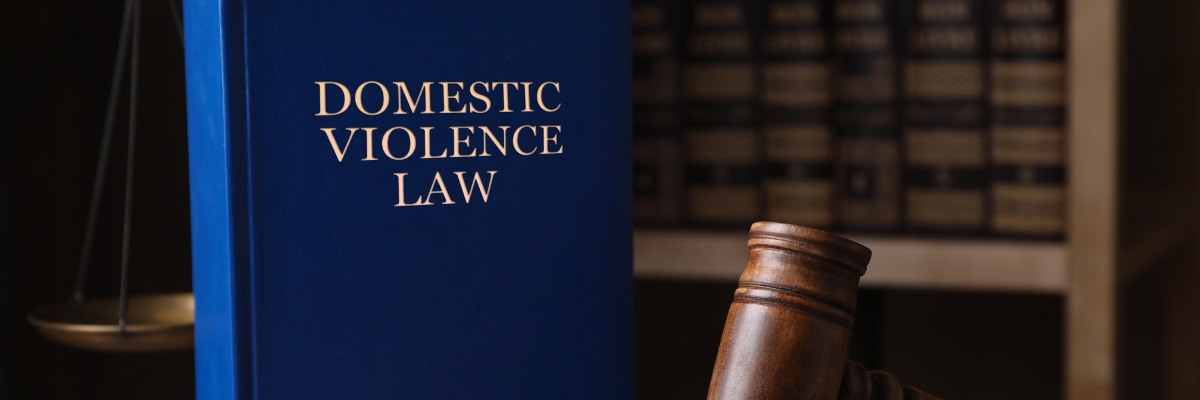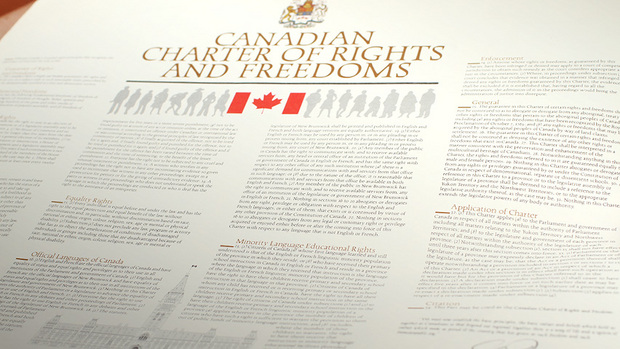The Early Intervention program is an initiative of the Ministry of the Attorney General which offers a person an opportunity to resolve any criminal charges for domestic assault at an early date. If you are eligible for the Early Intervention program, then you will be required to complete the 16-week Partner Assault Response (PAR) course. Once you have completed the course you will return to court where the charges against you will be dealt with either by a discharge or a peace bond.
Pros and Cons
Anytime you are charged with a domestic assault, a condition of your bail will be that you do not have any contact, direct or indirect, with your spouse/partner/girlfriend/boyfriend. One of the significant advantages of the Early Intervention program is that it provides an opportunity to have your bail varied so that you can have contact with your spouse/partner/girlfriend/boyfriend provided that they wish to have contact with you and consent in writing. Charges involving domestic assault can take many months to resolve and the Early Intervention program provides an opportunity for a person to return home and begin the process of resolving relationship issues and any other family issues.
A danger that arises with the Early Intervention program is that it can encourage people to enter a guilty plea to a charge they are not guilty of committing, all with a view of being able to return home sooner or to deal with charges as quickly as possible. Individuals who are not represented by a lawyer are particularly vulnerable to pleading guilty in circumstances where they should not be entering a guilty plea, and may not appreciated the future impact that a criminal conviction can have. If you are even considering entering a guilty plea you should speak with a criminal defence lawyer as soon as possible.
Step-by-Step Guide to the Early Intervention Program
The first step in the program is the screening process. At this stage the Crown Attorney will review your file and determine whether your case is one which would be appropriate for Early Intervention. Typically only cases that are screened for Early Intervention are those cases where there is a very minor assault and where the accused person does not have a criminal record. Whether the alleged victim wishes to resume contact and continue a relationship will be considered, however it is not a determining factor. If you have not been initially screened for the Early Intervention program, this does not mean that you cannot get into the program. Often a criminal defence lawyer can have discussions with the Crown Attorney and get the Crown Attorney to consent to you being allowed to participate in the program. This is just one of the many reasons why it is so important to hire a lawyer anytime you have been charged with a criminal offence. However, you should understand that the Crown Attorney has the sole discretion with respect to whether you will be able to participate in the program.
If you have been screened for the Early Intervention program or your lawyer has got the Crown Attorney to consent that you participate in the program, the next step is to adjourn your case to day when you can register for the 16-week PAR course. Which courthouse your matter is in will determine what day of the week you will return to court to register for the program.
On the day you are required to attend court the Crown Attorney will speak with everyone that has been approved for the program about the 16-week PAR course and how your charge will be resolved as a result of you agreeing to enter the program. You will then be required to meet with staff members who facilitate the 16-week PAR course where they will register you for classes at a place, day and time that is appropriate for you taking into account where you live and whether you are working.
Once you have registered for the program you will then return to the courtroom where your matter will be adjourned for several months so that you have an opportunity to complete the PAR program. If you are agreeing to complete the program on the understanding that you will be given a conditional discharge, then you will most likely be required to enter a guilty plea. Your sentence will be suspended until you return to court after completing the program, wherein you will be put on probation for a period of time.
If your charges are being resolved with a peace bond, then you will not be entering any guilty plea. Once you have completed the program you will return to court wherein you will enter into a peace bond and the Crown Attorney will withdraw the charge against you.
What is Written Revocable Consent?
Once you have registered for the program the Crown Attorney will consent to a bail variation which will allow you to have contact with your spouse/partner/girlfriend/boyfriend, provided that your spouse/partner/girlfriend/boyfriend consents to having contact with you and provides written revocable consent. Depending on what courthouse you are in, your spouse/partner/girlfriend/boyfriend may be able to attend court and provide written revocable consent that day. Other courts require that a letter be written and delivered to the officer-in-charge of your case, who will then provide you with a copy on that consent.
It is important you understand that you cannot can any contact with the person until you have received the written revocable consent. It is also important you understand that the person can revoke the consent orally at any time. This means that if the person tells you they do not want to have contact with you anymore, then you must leave right away or you will be in breach of your bail.
Contact Me Today
If you have been charged with a domestic assault, contact me immediately.













